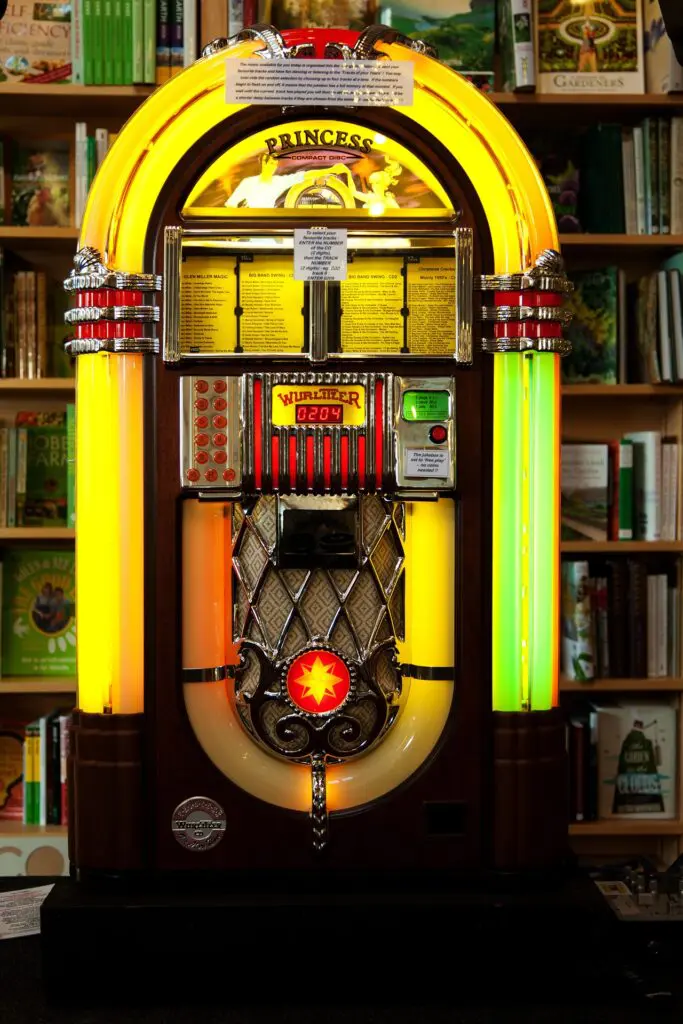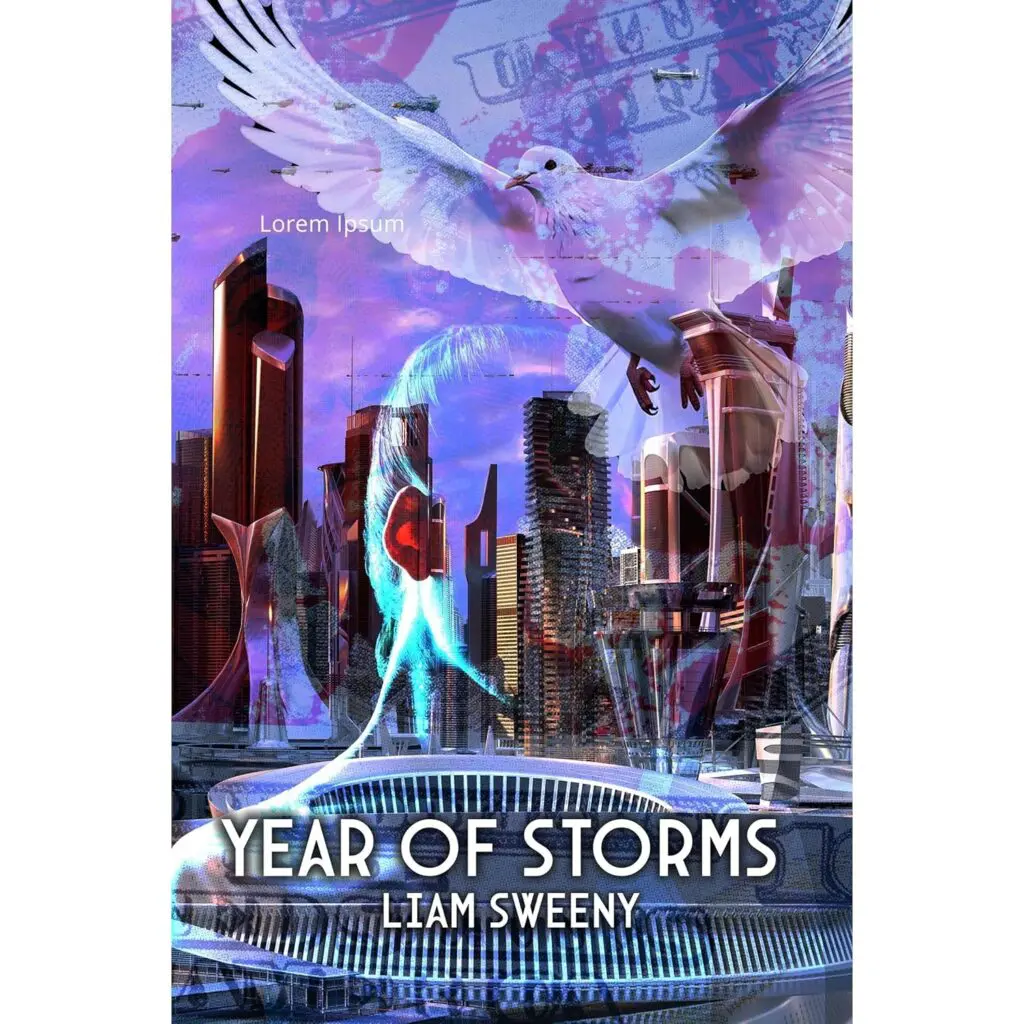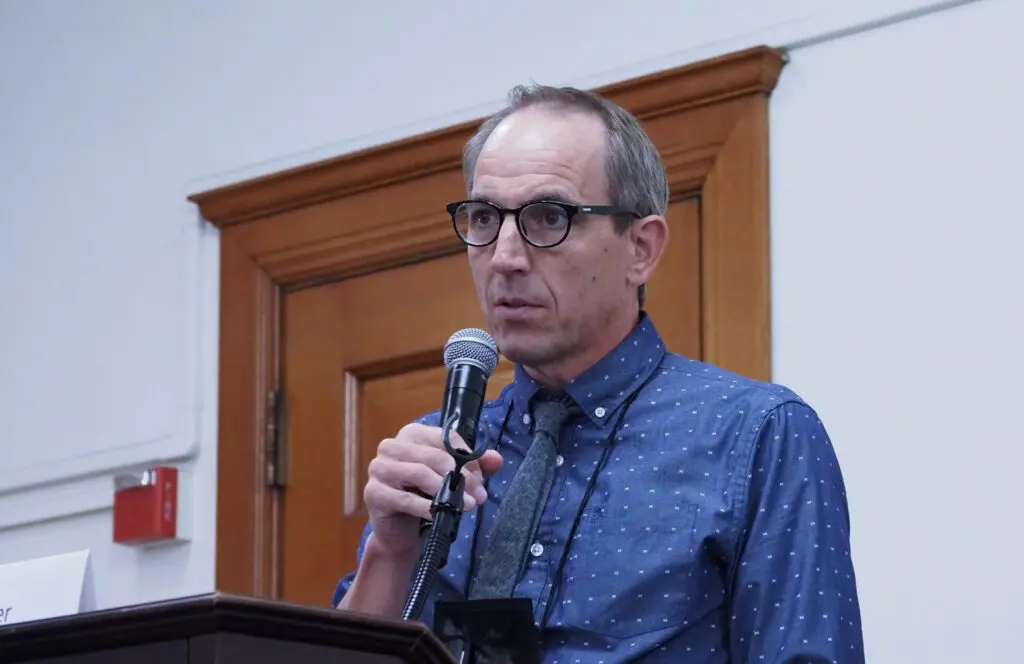NEQ – Xperience History
By Staff on December 8, 2024
NEQ – Xperience History – by Liam Sweeny.
Originally published in May of 2022.
We’re very opinionated when it comes to music. That stands to reason, since music is so much a guiding force in our lives. So, we listen to songs, and when we find one we love, we want to hear every song like it. That’s how we ended up with genres. And it is not easy for a band that crosses genres to gain traction, because, essentially, they are creating their own, new genre.
NEQ, a.k.a. Nelson Esposito Quintana, is just such a band, and their new album, “Nevertheless” is a fine example of how to cross musical boundaries. The band is comprised of Todd Nelson, Kyle Esposito, Manuel Quintana, Mike Kelly and Carlos Valdez.
RRX: Okay, so not to bury the lede, you have a new album out, “Nevertheless.” It’s amazing. Tell us a little bit about it, if you will. How long did it take to put it together? And what was your concept for it going in, or was it more a collection that precipitated from some jam sessions?
TN: All told, it took a couple of years, although we weren’t working steady on it. We did a couple of tracks in 2018, and then the band kind of took a hiatus for a little while from live gigs, and we can talk about the reasons for that, but then we reconvened when COVID was getting kind of hard and realized we could keep working on this if we did it in such a way that the recording was done remotely. Rather than having such a large ensemble all playing together, we’d have maybe two or three people in the studio at a time. It was all put together in Manuel’s studio, although some of the recordings are done here at my house, and Manuel very expertly integrated all of those things.
KE: I think the concept sort of snowballed as it went along, as far as our approach, I mean, it became evident to us what it was like, what the strength of it was, which it became almost more of a cinematic approach where we weren’t really thinking about can the trio play this live? But more, what does the individual song call for? And we just went with it completely. So, in a way, that’s different from our previous recordings, where we kept it closer to a trio format. No holding back there as far as overdubs, adding what it seemed to need.
RRX: NEQ is so-called because of Todd Nelson, guitarist Kyle Esposito, and Manuel Quintana. And the great thing about the band is that, by listening, none of you are clearly ‘leading.’ It seems very much an equal contribution to the music. Now you usually think in a band like this, one person puts everyone together. Was that true with NEQ?
MQ: I think it was a team effort, but I think Todd led the way, as far as bringing in both full compositions and sections that were completed to some extent. But it was a big collaboration, I think we all put our stamp on it and what not.
TN: I have to say that you were the person that was the impetus behind the recording. If you didn’t have this great studio and the motivation to work on this stuff, because you did a lot of the work on your own. And as far as the composition of the stuff, it kind of just worked out that I’d written all of the composition of this particular album. We’d written together in the past, and I’m sure we will in the future. But usually, the way we would do that is through jam sessions, we would get an idea, and take it home and develop it, decide what needs another section. So, we would work that way. But we couldn’t really work that way with the COVID thing going on.
RRX: When I hear NEQ, I think fusion. I think Mahavishnu Orchestra, Weather Report, with a feel of a Friday Night in San Francisco – McLaughlin, Dimeola, DeLucia. A lot of references, but it’s a feel of musical exploration. But fusion is something more than simple experimentation. How does NEQ transcend ‘noodling around?’
Kyle: I’m a strong proponent for noodling around, but I think this is the least we’ve ever left to chance as far as putting the songs together. Solos are still solos, but even the sections that are their places are composes, not the solos but sections set aside for someone to improvise on, as opposed to just playing the song over and over again, different people soloing over the same form, that kind of thing, that’s what I’m getting at. There’s a lot more through-composed material, a lot more specific events set out to conquer in this batch of tunes, for the most part. That’s my impression.
Todd: That’s basically what I was going to say. I think that people want to hear soloing, I think they want to hear that kind of thing, but I also get tired of it. I think what we’re trying to do is tread the line between that jam-band thing and a totally composed approach, and not fall too heavily to either side. That might keep people’s interest, hopefully.
Kyle: And I think that the solos are interspersed with other sections which, to go back to my cinematic comment, there are a lot of scene changes going on in the songs that are pretty much designated. We’ll go from a keyboard solo to another section that’s composed for everybody to play their part and move on into another section where there’s space for a guitar solo, that kind of thing. It is kind of Weather Report-ish in that way.
Todd: Yeah, they were not head-solo-solo-head. A lot of that arrangement comes from jazz musicians – it’s their language, and that’s how they get together and play together even if they’ve never met each other, never played together before, makes it easy to gig.
RRX: One thing I would definitely say about NEQ is that it’s a very expansive sound. I had a very worldly signature. I imagine that having such an expansive sound is difficult, not just a matter of skill, but also a matter of vision. I mean, we’re talking about musical sources that evolved and intermingled globally. Are there any guiding principles to this?
Manuel: I don’t think we had any guiding principles, no. However the song came to be what we went with.
Kyle: It’s a bit of a mystery. I think it comes down to tastes and sounds and grooves that we all like as individuals, what overlaps, and really the essence of what Todd’s idea was to begin with. Things didn’t change that drastically; now that I think of it, wasn’t Camoplaid a jam?
Manuel: Yeah, that was a rehearsal from a long time ago. Rehearsal jam; Todd may have had it. Recorded piece for a while too. We definitely sat on that, and I do think it came from a jam.
Kyle: The beginning bassline thing I remember being out of the blue. Maybe I was working on a different song too; maybe it was that song.
Todd: Yeah, I remember writing the melody for it, but I don’t remember jamming on it.
Kyle: Getting back, that’s all to say that it’s stuff we’ve been influenced by that just comes out without too much intention.
Todd: One intentional thing for me is to not censor myself so much, you know? And as a band, we refrain from censoring ourselves, saying ‘oh that’s too Latin sounding,’ or too something else. We embraced it all, we didn’t look at something and say ‘that style doesn’t belong.’ We just let it happen.





 RadioRadioX
RadioRadioX